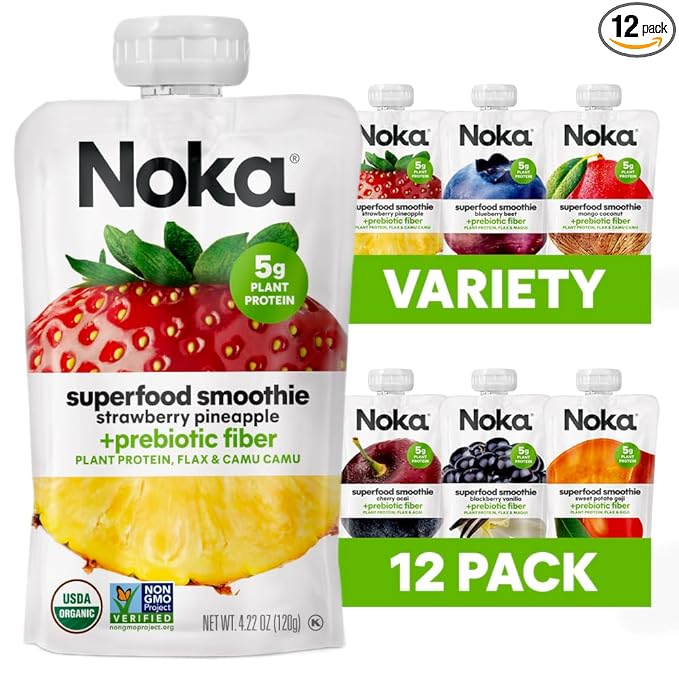Introduction High-fat, no-carb foods are those that are high in fat and have no carbohydrates. These foods can be a part of a high-fat, no-carb diet, which is a type of diet that is low in carbohydrates and high in fat.
There are a few potential benefits of following a high-fat, no-carb diet. One benefit is that it may lead to weight loss, as cutting out carbohydrates can cause the body to use stored fat for energy instead. This diet may also improve blood sugar control and reduce the risk of developing certain chronic diseases such as type 2 diabetes. Additionally, some people may find that they have more energy and mental clarity while following a high-fat, no-carb diet. However, it is important to note that more research is needed to fully understand the long-term effects of this type of diet.

Examples of high-fat, no-carb foods
Here are some examples of high-fat, no-carb foods:
- Meat and poultry: Most types of meat and poultry are high in fat and have no carbohydrates. Examples include beef, pork, lamb, chicken, and turkey.
- Fish and seafood: Many types of fish and seafood are high in fat and have no carbs. Examples include salmon, tuna, sardines, and shrimp.
- Eggs: Eggs are a good source of protein and fat, and they have no carbohydrates.
- Cheese and other dairy products: Many types of cheese and other dairy products, such as cream and butter, are high in fat and have no carbs.
- Nuts and seeds: Nuts and seeds are high in fat and have a small number of carbs, but they are still considered low carb. Examples include almonds, walnuts, macadamia nuts, and pumpkin seeds.
- Avocado and olives: Avocados and olives are high in healthy fats and have no carbs.
- Coconut and coconut oil: Coconut and coconut oil are high in fat and have no carbs.
It's important to note that while these foods are high in fat and have no carbs, they should still be consumed in moderation as part of a balanced diet.

Potential drawbacks of high-fat, no-carb diet
There are a few potential drawbacks to following a high-fat, no-carb diet. One potential drawback is that it can be difficult to adhere to this type of diet long-term. This is because it can be challenging to find high-fat, no-carb foods that are also satisfying and filling, and it may be difficult to follow a diet that is so restrictive.
Another potential drawback is that a high-fat, no-carb diet may increase the risk of nutrient deficiencies. This is because much high-fat, no-carb foods are lacking in important nutrients such as fiber, vitamins, and minerals. For example, fruits and vegetables, which are high in these nutrients, are typically high in carbs and are therefore not included in this type of diet.
Finally, there is some evidence to suggest that a high-fat, no-carb diet may increase the risk of heart disease and other health problems. This is because high-fat diets may increase levels of LDL cholesterol, which is a type of cholesterol that can clog the arteries and increase the risk of heart disease.
It's important to note that more research is needed to fully understand the long-term effects of a high-fat, no-carb diet. It is generally smart to talk with medical care proficient before beginning any new eating routine or exercise program.

Considerations for following a high-fat, no-carb diet
There are a few important considerations to keep in mind if you are thinking about following a high-fat, no-carb diet.
First, it is important to consult with a healthcare professional before starting any new diet or exercise program. A healthcare professional can help you determine if this type of diet is appropriate for you based on your individual needs and health goals.
Second, it is important to monitor your blood sugar and cholesterol levels while following a high-fat, no-carb diet. This is because this type of diet may affect these levels, and it is important to ensure that they remain within a healthy range.
Finally, it is important to ensure that you are getting enough nutrients such as fiber, vitamins, and minerals while following a high-fat, no-carb diet. This may require careful planning and the inclusion of supplements. It is also a good idea to try to include a variety of high-fat, no-carb foods in your diet to ensure that you are getting a variety of nutrients.
Overall, it is important to be mindful of your overall health while following a high-fat, no-carb diet and to make any necessary adjustments to ensure that you are getting all of the nutrients you need.

Conclusion In conclusion, a high-fat, no-carb diet may be effective for some individuals in the short term, as it may lead to weight loss and improve blood sugar control. However, it is important to consider the potential drawbacks of this type of diet, such as the risk of nutrient deficiencies and the potential for increased risk of heart disease and other health problems. It is also important to carefully monitor one's health while following a high-fat, no-carb diet, including monitoring blood sugar and cholesterol levels and ensuring adequate intake of nutrients such as fiber, vitamins, and minerals. It is generally smart to talk with medical care proficient prior to beginning any new eating routine or exercise program.







